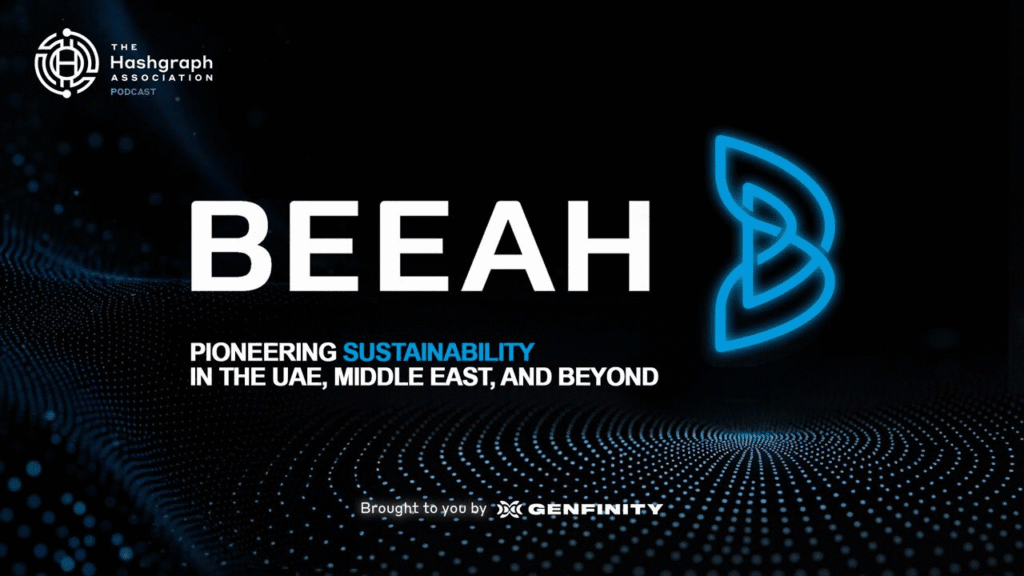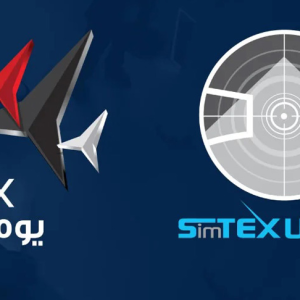A New Era of Identity and Trust
In an age where data breaches and identity fraud make headlines, BEEAH Group and The Hashgraph Group are joining forces to bring a safer, more seamless solution to the market. Their first-of-its-kind collaboration will deploy a decentralized digital identity system across the BEEAH ecosystem—promising stronger security, greater user control, and a foundation for innovation.
This partnership marks an inflection point for how communities, cities, and enterprises manage identity. In this article, we’ll explore the motivation, architecture, use cases, and implications of this ambitious initiative.
Why Decentralized Digital Identity Matters
Centralized Systems Are Vulnerable
Traditional identity systems are typically centralized: governments, corporations, or intermediaries maintain identity databases. While convenient, this approach exposes single points of failure. Data breaches or insider threats can have widespread impact when all identity records are centralized.

Users Should Own Their Identity
A decentralized approach shifts control back to individuals. Users retain ownership of their identity credentials and decide when, how, and with whom to share them. This empowers privacy, reduces dependency on intermediaries, and gives individuals more agency over their personal data.
Trust, Interoperability, and Efficiency
A well-designed decentralized identity system can usher in a new level of trust. With cryptographic proofs and tamper-proof records, stakeholders can verify identities reliably without exposing unnecessary details. Interoperability across services and domains becomes easier, and processes such as onboarding, authentication, and permissioning become more efficient.

The BEEAH & Hashgraph Collaboration: What They Bring
BEEAH Group: Vision, Ecosystem, and Reach
BEEAH Group is a prominent environmental and sustainability-focused organization with a diverse portfolio spanning waste management, renewable energy, smart cities, and environmental services. Their operations touch communities, municipalities, and citizens across multiple touchpoints.
By embedding a decentralized identity layer into this ecosystem, BEEAH can provide its stakeholders—residents, service providers, government entities—a unified, secure identity framework.
Hashgraph: The Underlying Technology
Hashgraph is a distributed ledger / consensus technology offering many of the resilience, speed, and security properties desirable for identity systems. It supports high transaction throughput, fairness, and cryptographic security.
Hashgraph’s architecture lends itself well to identity workflows: issuing verifiable credentials, enabling secure identity proofs, and ensuring auditability without compromising privacy.
What the Partnership Entails
Together, BEEAH and Hashgraph will design, develop, and deploy a decentralized digital identity layer integrated into BEEAH’s services and platforms. Key elements include:
- A wallet or credential container for users to hold identity credentials
- Issuance and verification mechanisms for credentials, using zero-knowledge proofs or selective disclosure
- Governance and consent frameworks so users can control how their credentials are shared
- Interoperability support so identities issued within BEEAH can be recognized beyond it
How It Works: Architecture & Workflow
Identity Issuance
When a user (resident, employee, partner) enrolls, a credential is issued to them. For example, BEEAH might issue a “Verified Resident” credential. The credential is cryptographically signed and stored in the user’s wallet, not on a central database.
Selective Disclosure & Proofs
When a service needs to verify something—say, proof of address—users can present a proof derived from their credential, revealing only the necessary bits without exposing their full identity.
Verification & Trust Anchors
Service providers verify those proofs using public keys or trust anchors anchored in the Hashgraph-based network, ensuring they’re valid and unaltered.
Revocation & Updates
If credentials expire or need to be revoked, the system supports revocation registries or status updates. Users can also update or reissue credentials as needed.
Ecosystem Integration
This identity layer can plug into BEEAH’s smart city solutions, waste management apps, energy systems, citizen engagement platforms, and more. For example:
- A citizen uses their identity to access municipal services
- A contractor proves qualifications when bidding for an environmental project
- Utility systems verify identity before granting access or permission

Powerful Use Cases in the BEEAH Ecosystem
Streamlined Citizen Services
Citizens interacting with municipal services—permits, licenses, service requests—can authenticate themselves seamlessly using their decentralized identity. No repeated KYC, no paper-heavy processes.
Vendor & Contractor Onboarding
Contractors seeking to work with BEEAH can present credentials (licenses, certifications) instantly and verifiably. BEEAH can assess them quickly, reducing friction and risk.
Secure Facility & Access Control
For areas requiring restricted access, staff and partners can use identity credentials tied to their roles. The system verifies their identity in real time, granting or denying access accordingly.
Environmental & Sensor Data Validation
In IoT or sensor networks, devices or systems may be issued identity credentials too. This helps ensure data provenance: you can trust which device produced the data, critical in environmental monitoring.
Interoperability with Partners & Cities
Because the identity system is decentralized and standards-based, external partners, municipalities, or even citizens’ personal apps can interact using the same identity framework—boosting adoption and utility.
Benefits for Stakeholders
For Users
- More privacy and control over personal data
- Simpler, faster access to services
- Reduced identity fraud risk
For BEEAH
- More efficient service delivery
- Reduced overhead in identity management and KYC
- Better governance and audit trails
For Partners & Service Providers
- Transparent, reliable verification
- Reduced onboarding friction
- Ability to trust identities issued within the network

Challenges and Considerations
Regulatory & Compliance Landscape
Decentralized identity systems must align with privacy regulations, data protection laws, and digital ID policies in various jurisdictions. Navigating that landscape is critical.
User Experience & Adoption
For users unfamiliar with wallets, credentials, or key management, the system must be intuitive, seamless, and recoverable in case of device loss.
Security & Recovery
Safeguarding private keys and backup/recovery mechanisms are vital. If a user loses access, there must be secure ways to recover their identity.
Interoperability & Standards
To function broadly, the system should adhere to open standards (e.g. W3C Verifiable Credentials) and be able to interoperate with other identity systems.
Governance & Trust Anchors
Decisions around who can become an issuer, revocation policy, and how trust anchors are managed must be transparent, accountable, and resilient against misuse.
Future Outlook & Potential Expansion
The BEEAH-Hashgraph decentralized identity deployment is just the beginning. As it matures:
- It could scale across entire smart city projects, linking identities across transport, utilities, healthcare, and more
- It may integrate with national or regional identity frameworks
- External ecosystems—retail, finance, education—may accept credentials issued via BEEAH
- Identity-centric applications like reputation systems, credential marketplaces, and identity-based financial services may emerge
Conclusion: A Foundation for Trust, Innovation, and Inclusion
The partnership between BEEAH Group and The Hashgraph Group to deploy a decentralized digital identity solution signals more than just a technological upgrade—it represents a shift in how identity is conceived, owned, and shared.
By placing control back in the hands of individuals and anchoring trust in cryptographic protocols, this initiative can empower users, streamline services, and drive new innovation across BEEAH’s ecosystem. If executed thoughtfully—balancing security, privacy, usability, and governance—it could become a model for cities and organizations worldwide seeking to reimagine identity for the digital age.
Do follow UAE Stories on Instagram
Read Next – Ministry of Economy and Tourism Launches New Digital Solutions














